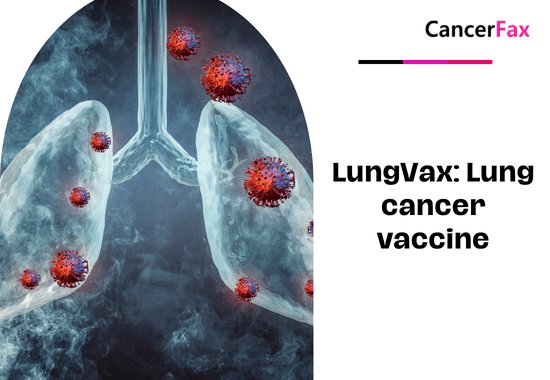Liver cancer
In recent years, the incidence and mortality of liver cancer in the world have been high. Developing countries account for about 50% of new liver cancer cases every year, and the incidence rate of malignant tumors is fourth. However, most patients with liver cancer are associated with cirrhosis, or most patients have reached the advanced stage at the time of diagnosis, and about 20%–30% of patients can get surgical resection opportunities.
There are many treatments for liver cancer, but hepatic cancer is difficult to treat
Surgery is the only way to cure liver cancer, and only early liver cancer has this opportunity. In addition to surgery, local treatment methods include surgery, transcatheter arterial chemoembolization, percutaneous radiofrequency ablation, and radiation therapy; systemic treatment includes chemotherapy, targeted therapy, and immunotherapy.
With the increasing number of treatments for liver cancer in recent years, precision surgical treatment combined with systemic targeted therapy (sorafenib, lervatinib, regorafenib, cabozantinib and ramozumab) and immunotherapy (Pimumab, Navumab), individualized combination therapy for patients, the treatment effect of advanced liver cancer is greatly improved.
Clinically, about 90% of patients with liver cancer have a history of hepatitis B, 5% -8% of patients with liver cancer are infected with hepatitis C, and about 3% of patients are associated with cirrhosis caused by chronic alcoholism, fatty liver, and autoimmune liver disease-related diseases.
Clinically, the curse of the three-step model (HBV-cirrhosis-liver cancer) has always threatened many domestic liver cancer patients, making many cutting-edge treatment methods unable to improve the current status of liver cancer treatment. New therapies are urgently needed to solve the hepatitis B-related liver cancer treatment.
Equipping T cells with new weapons-specific antigens
Researchers at Duke-Singapore National Hospital designed Hepatitis B virus-specific T cells to treat hepatitis B-type hepatocellular carcinoma, a type of liver cancer common in Asia.
Researchers have individualized T cells to make T cells specific to patients. I think this is a CAR-T-like cellular immunotherapy, which is to advance specific antigens of tumor cells by technical means to activate them. T cells, after activated T cells are infused back into the body, it is like updating the weapon scouts to precisely attack cancer cells.
The team successfully treated two patients with liver transplantation with specific T-cells, two of whom had previously been infected with hepatitis B virus-induced liver cancer, and now have relapsed after liver transplantation. After specific T cell therapy, one of the patients saw a reduction in tumor focus.
Target antigen is HBV-DNA
In personalized therapy, researchers analyzed specific HBV-DNA integration patterns in cancer cells of each liver cancer patient, and then screened, designed and processed individualized T cells, and then treated. More than 20 T-cell transfusions were successfully performed in two liver transplant patients, and these engineered T cells were able to destroy tumors.
Senior researcher, Antonio Bertoletti said: The integrated HBV-DNA gene component can activate functional HBV-specific T cells and kill hepatitis-specific liver cancer cells without affecting other healthy cells. There were no treatment-related adverse reactions, and the distant metastasis of liver cancer in one patient also had a significant reduction.
Lung cancer caused by chronic hepatitis B infection accounts for 80% of all liver cancers in Asian lung cancer, and the treatment prognosis is not ideal. Especially in patients with liver cancer recurrence after liver transplantation, treatment options are more limited.
The specific T cell therapy developed by the National Medical College of Singapore may improve the survival and quality of life of this particular type of patient. CAR-T cell therapy is a new hope to defeat cancer in the future!
CAR-T cell therapy is Chimeric Antigen Receptor T-Cell Immunotherapy. This is a new type of precise targeted therapy for treating tumors. In recent years, it has achieved good results in clinical tumor treatment through optimization and improvement. It is a very promising, accurate, fast, efficient, and possible to cure cancer. New tumor immunotherapy.
You may like to read : Car T-Cell therapy in India
CAR-T therapy is a cancer treatment method that has achieved significant breakthroughs in recent years, and has been approved by relevant international departments for clinical use in the treatment of hematological tumors. In addition, clinical trials of CAR-T cell therapy for solid tumors are in full swing.

